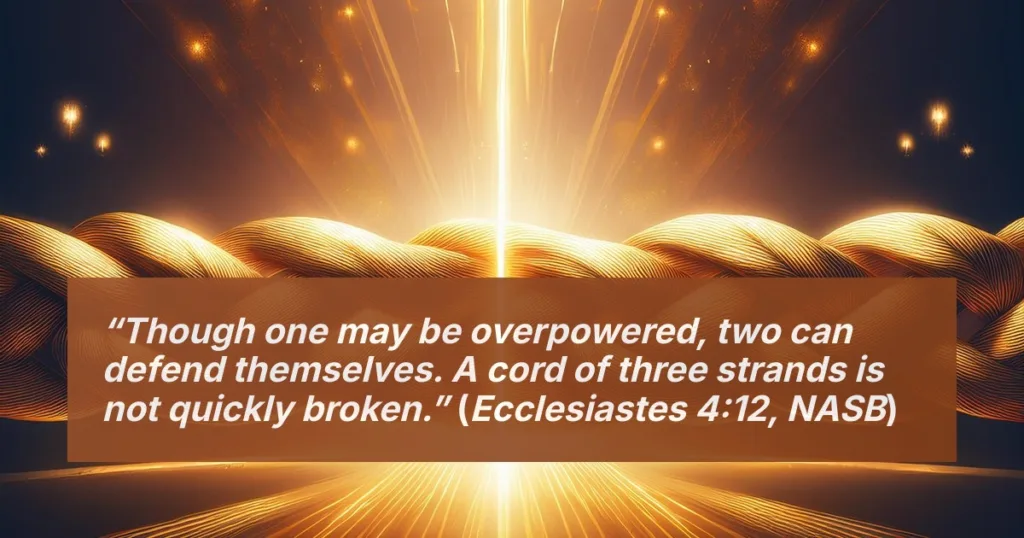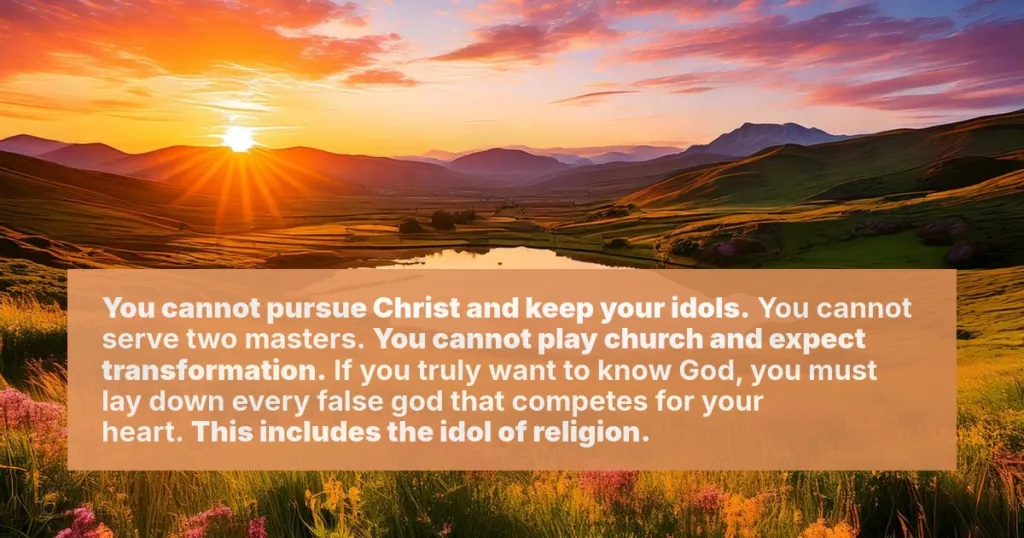In a world full of uncertainties and fears, there is an unshakable hope—the promise of Yeshua’s return. Yet, when it comes to the book of Revelation, confusion often clouds this hope. Different interpretations, varied timelines, and symbolic visions can lead to division or even fear. But hear this clearly: the specific interpretation of Revelation is not what matters most. What matters is the unchanging truth that Yeshua is coming again to claim His bride and establish His eternal kingdom. This is a true hope anchored in Revelation.
The end is certain. He will wipe away every tear, judge with righteousness, and make all things new. This truth anchors our hope, regardless of how we understand the details. As it is written, “Behold, He is coming with the clouds, and every eye will see Him” (Revelation 1:7, NASB). This is our hope, and this is our anchor.
Hope Beyond Interpretations
There are many who debate the timeline of events—pre-tribulation, post-tribulation, amillennialism, or dispensationalism. But the hope of Revelation does not depend on which view you hold. The Apostle Paul declared, “For now we see in a mirror dimly, but then face to face” (1 Corinthians 13:12, NASB). Our understanding is limited, but our hope is certain.
The promise of His return is what matters. It transcends every interpretation and anchors our faith in the One who is faithful and true. No matter how the events unfold, the King is coming, and He will be victorious.
An Anchor Amidst Trials
Are you weary? Are the trials of life weighing you down? Take heart—the return of Yeshua is the anchor that holds firm. It is the promise that all suffering is temporary, all pain will be healed, and all wrongs will be made right.
When you feel overwhelmed, remember this: the end is known. Yeshua will conquer sin, death, and evil once and for all. This is not dependent on understanding every symbol or prophecy but on trusting the One who holds the future. “I am the Alpha and the Omega, the first and the last, the beginning and the end” (Revelation 22:13, NASB). Your hope is secure because the end is secure.
Hope That Purifies and Prepares
The anticipation of Yeshua’s return is not meant to divide but to purify. “Everyone who has this hope fixed on Him purifies himself, just as He is pure” (1 John 3:3, NASB). This is the call to holiness and readiness. It is not about knowing every detail but about living in expectancy, as a bride prepares for her Bridegroom.
Are you ready? Not because you have figured out the timelines, but because your heart is steadfast, your faith is unwavering, and your love for Yeshua is burning bright. This hope transforms us. It compels us to live holy, to love deeply, and to walk faithfully until we see Him face to face.
Victory and Justice are Coming
The world is full of injustice, corruption, and evil. But Revelation assures us of one thing—victory and justice are coming. Yeshua will reign as the righteous King, and every knee will bow before Him. “The kingdoms of this world have become the kingdoms of our Lord and of His Christ, and He will reign forever and ever” (Revelation 11:15, NASB).
This hope is unshakable. No matter how you interpret the details, the end is the same: Yeshua wins. Evil will not have the final word. Injustice will not prevail. This is the anchor that holds firm in the face of darkness.
Urgency Without Fear
Many are afraid to read Revelation, worried about the signs of the times or fearful of judgment. But the message of Revelation is not about fear—it is about hope. It is about victory, redemption, and restoration.
Yeshua’s return is not meant to terrify but to inspire urgency. Not urgency to argue over timelines but urgency to share the Gospel. This world needs hope. It needs to know that the King is coming.
Time is short, but the message is clear: Yeshua offers salvation to all who believe. This truth does not depend on understanding every vision or symbol but on trusting in the finished work of the Cross. Your salvation is secure, regardless of your interpretation of end times.
Comfort and Encouragement
Are you grieving? Are you weary from loss? Let this promise anchor your soul: “The dead in Christ will rise first. Then we who are alive and remain will be caught up together with them in the clouds to meet the Lord in the air, and so we shall always be with the Lord” (1 Thessalonians 4:16-17, NASB).
This is the hope of reunion. This is the hope of resurrection. It is not about debating the order of events but about the certainty that death is defeated.
Anchored by His Face
Above all, this hope is anchored in the promise of seeing Yeshua face to face: “They will see His face, and His name will be on their foreheads” (Revelation 22:4, NASB). This is the end we long for. Not merely escaping tribulation but beholding His glory.
The greatest hope of Revelation is not in timelines or judgments but in the presence of Yeshua. We will dwell with Him, and He will dwell with us. This is the anchor that holds firmthrough every storm.
A Call to Hope and Readiness
Do not be discouraged by debates over interpretations. Do not be shaken by the uncertainty of times and seasons. The end is known. Yeshua is coming back. Evil will be defeated. Righteousness will prevail. And we will see His face.
Let this hope anchor your soul. Live in readiness. Walk in holiness. Share the Gospel with urgency. And above all, hope with unwavering confidence, for the One who promised is faithful.

A Prayer of Anchored Hope:
Abba Father,
Thank You for the hope anchored in Yeshua’s return. When confusion arises, remind us that the end is known and our salvation is secure. Purify our hearts, ignite our faith, and keep our eyes fixed on eternity. May we live each day with expectation and boldness, sharing Your truth with a world in desperate need of hope.
Come, Yeshua, our Anchor and our King.
In His mighty name, Amen.
Maranatha! — Come, Lord Yeshua.












